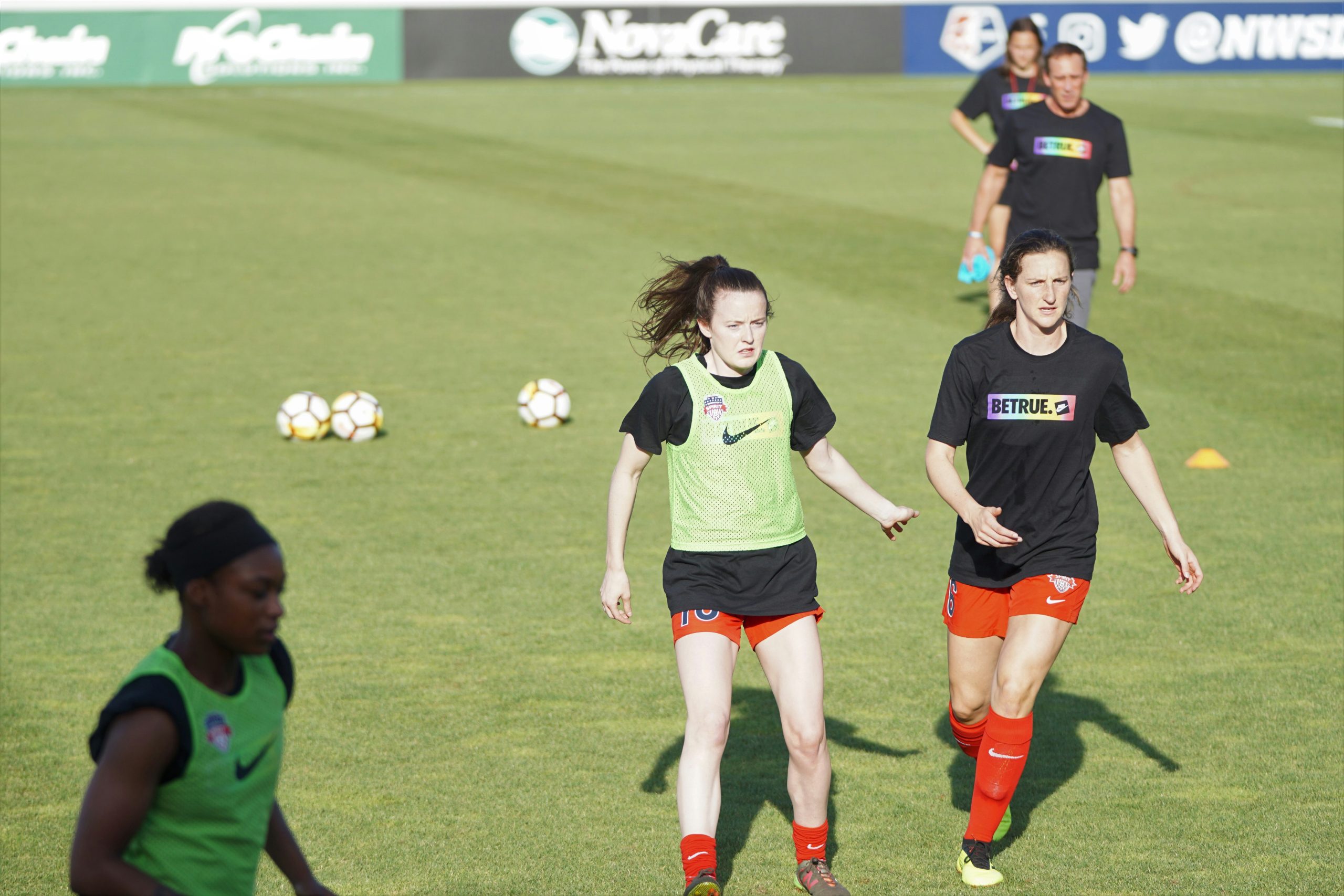
Mental Resilience Training Programs for Athletes
Athletes often face immense pressure to perform at their peak, both physically and mentally. In competitive sports, the ability to maintain focus, recover from setbacks, and manage stress can significantly impact performance. Mental resilience training programs have emerged as crucial tools to enhance athletes’ psychological well-being and improve their overall success. These programs combine psychological techniques with practical strategies to build mental toughness and resilience.
Understanding Mental Resilience
Mental resilience refers to an individual’s capacity to adapt positively to stressors, challenges, and adversity. For athletes, this means being able to bounce back from failures, cope with pressure, and maintain a high level of performance despite setbacks.
Key Components of Mental Resilience Training
- Psychological Skills Training (PST): Includes techniques such as goal setting, visualization, self-talk, and relaxation strategies to enhance focus and confidence.
- Cognitive Behavioral Techniques: Helps athletes identify and modify negative thought patterns that can hinder performance.
- Mindfulness and Meditation: Promotes awareness and emotional regulation, reducing anxiety and improving concentration.
- Stress Inoculation Training: Teaches athletes to anticipate and cope with stressors through simulated pressure situations.
Benefits of Mental Resilience Training
Implementing mental resilience training programs can yield numerous benefits for athletes:
- Enhanced performance consistency
- Improved ability to handle pressure during competitions
- Quicker recovery from injuries and setbacks
- Increased self-confidence and motivation
- Better overall mental well-being
Case Studies and Examples
Many professional athletes attribute their success partly to mental resilience training:
“I started working with a sports psychologist who helped me develop mental toughness through visualization and positive self-talk. It transformed my approach to competitions.” – Serena Williams, Tennis Champion
In team sports, mental resilience training can strengthen team cohesion and performance under pressure:
“Our team underwent resilience training focusing on communication and stress management. It significantly improved our ability to perform under high-stakes situations.” – Example from a professional soccer team
Implementing a Mental Resilience Program
When implementing a mental resilience training program, it’s essential to tailor strategies to fit athletes’ specific needs and sports requirements. This often involves:
- Conducting initial assessments of athletes’ psychological strengths and areas for improvement
- Collaborating with coaches, sports psychologists, and medical professionals to create personalized plans
- Incorporating ongoing evaluations and adjustments based on feedback and performance outcomes
Conclusion
Mental resilience training programs are invaluable tools for athletes looking to optimize their performance and well-being. By equipping athletes with the psychological skills to navigate challenges and setbacks, these programs foster a mindset of resilience and determination. Whether at the amateur or professional level, integrating mental resilience training can make a significant difference in an athlete’s career.
Investing in mental resilience not only enhances athletic performance but also contributes to overall mental health and long-term success in sports.



